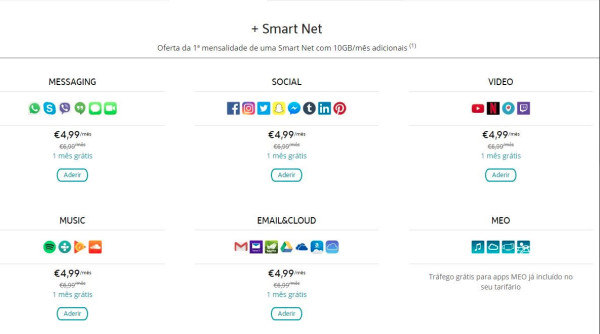Impact of Net Neutrality Repeal 2017
On Thursday, December 14, 2017, the FCC voted to repeal net neutrality. This ruling overturned a 2015 decisionin favor of net neutrality to preserve the open internet. Repealing the net neutrality rules puts streaming services, whether a corporation or a disrupting startup, at the liberty of internet service providers.
What is Net Neutrality?
The biggest fans of the repeal were, you guessed it, internet service providers (e.g., Comcast, Verizon, Time Warner Cable), who contend that the rules represented unnecessary government interference in business.
However, supporters of net neutrality counter believe that internet service providers should treat all data on the internet equally, regardless of source.
A common example involves everyone's favorite streaming site for binging: Netflix. Under the net neutrality rules, an ISP cannot deliberately choose to slow down Netflix's streaming quality, nor can that ISP charge Netflix to be a part of an internet "fast lane." Therefore, an ISP cannot make its own streaming video service that has higher speeds, forcing Netflix to have to increase customer rates in order to compete.
Polls have shown that the majority of Americans, regardless of political party affiliation, support net neutrality.
What is the FCC?
The FCC is the Federal Communications Commission, an independent government agency directed by five commissioners who are appointed by the president of the United States. According to its website, the FCC "regulates interested and international communications by radio, television, wire, satellite, and cable." The current FCC chair is Ajit Pai, who was appointed to the FCC by President Barack Obama. He was designated chair of the commission in January of this year by President Donald Trump.
What's Next?
As we all know, nothing about the federal government is automatic. It will take a few weeks for the repeal to take effect. However, there is already conversation among officials on Capitol Hill about taking steps to re-establish the rules, counteract the repeal, or even take legal action. If there is not a counteraction or a repeal of the repeal, here's what we can expect:
- Bundling systems for consumers. Portugal, for example, does not have net neutrality, and consumers pay for various subscription plans for access to services. See the photo below.

- The inevitable fast lane. ISPs can create an internet fast lane for companies/corporations/enterprises and consumers who pay a premium price for faster internet, and a slow lane for those who don't.
- Fake news anyone? ISPs can discriminate against websites and the transmission of data based on its content, thus blocking certain websites and apps.
- Limitations on tech disruption. As a result of fast lane premiums and content blocking, small business and startups, especially those disrupting the industry, might have a harder time getting off the ground and gaining users.
Thoughts From our Team?
"It sucks and needs to die in a fire." - Jeremy Duvall, Atlanta Flex Instructor
"Net neutrality prevented ISPs from blocking your disrupting new startup." - Chris Gallo, Atlanta Immersive Instructor
"The FCC’s public reasons for the repeal, which boil down to encouraging and increasing competition that will directly benefit consumers, are hotly contested by critics of the decision due to existing monopolies and/or regulation that prevent competition in most markets that the repeal does not address." - Jason Ephraim, Houston Campus Director
Call to Action
Congress has the ability to overrule the FCC's appeal. If you disagree with the ruling, you can help: Contact your Congress representatives and give them your opinion.

